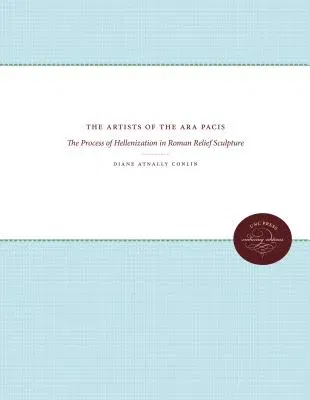Diane Atnally Conlin
(Author)The Artists of the Ara Pacis: The Process of Hellenization in Roman Relief SculpturePaperback, 1 November 2011

Qty
1
Turbo
Ships in 2 - 3 days
In Stock
Free Delivery
Cash on Delivery
15 Days
Free Returns
Secure Checkout
Part of Series
Studies in the History of Greece and Rome
Part of Series
Enduring Editions
Print Length
360 pages
Language
English
Publisher
University of North Carolina Press
Date Published
1 Nov 2011
ISBN-10
080786899X
ISBN-13
9780807868997
Description
Product Details
Author:
Book Format:
Paperback
Country of Origin:
US
Date Published:
1 November 2011
Dimensions:
27.69 x
21.08 x
2.29 cm
Genre:
Ancient (To 499 A.D.)
ISBN-10:
080786899X
ISBN-13:
9780807868997
Language:
English
Location:
Chapel Hill
Pages:
360
Publisher:
Weight:
816.47 gm

